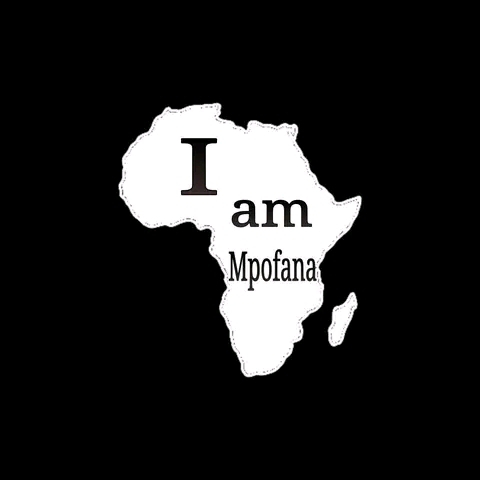I have some time & decided to write the full history of the Mpofana clan as best as I know it. I have little reason to lie, this is my heritage which I handle with a reasonable amount of seriousness.
Mpofana means "like an eland". It has nothing to do with skin texture or financial status. The very coat of arms of the Mpofana Municipality has an eland on it.
I've read a lot of lies online about Zulu & Nguni history in general. It is disgusting. Most people who write these articles have no vested interest in writing the truth anyway & are usually outsiders who wish to spread a false narrative for whatever vomit-inducing reason.
I will forsake all other nations, tribes & clans to focus on my own because I have good reason to write the truth of my own origin. I do cross-reference things to ensure that the history I write is backed by geography & actual historical events. Some history "books" have full lies in them about the Mpofana clan. So I will summarise everything as simply as possible & as truthfully as possible.
• The Mpofanas of antiquity originate from Eswatini where they had links with the Mdluli, Mavuso & Nkosi clans.
• The Mpofanas spoke a Tekela language similar to Swazi.
• The Mpofanas are NOT Mpondos, Mpondomises, Xhosas, Vendas, Tswanas or Sothos. Mpofana is very much a Zulu surname.
• The Mpofanas were part of the Zizi nation ruled by the Miya royal family. This Zizi nation (AmaTiti in the Zizi/Mpofana language) were allies of the Zulu Kingdom & subsequent Zulu Empire.
• The Mpofanas lived where the current Mpofana Municipality is as well as in Estcourt & Weenen in KwaZulu-Natal.
• The last chief of the Mpofana clan was Geya by Ezinqoleni (Harding) in KwaZulu-Natal.
• It's said the Mpofana backed King Cetshwayo's Usuthu faction during the Zulu Civil War against Prince Zibhebhu's Mandlakazi.
• In the Mpumalanga province of South Africa, Mpofana is sometimes spelt Mphofana & Mpofane in other places in the KZN Midlands.
• During the migration south to Ezinqoleni, the Mpofana lived above Ngilanyoni Hill on the north side of the Mkomazi River & at Nkuswana (the name of a lake in the Mzimkhulu River) where they were led by Thendele kaGuqu.
• Neighbouring tribes of the Zizi Kingdom (& hence Mpofana) pre-Mfecane included the Mazibuko, Myeni & close allies, the Malinga clan.
The battles the Mpofana fought:
• The initial Mfecane battle that removed the Mpofana & other Zizi clans from their original land & nation was against the Chunu who were led by Matikwane. The Zizi king during this battle was said to be King Dweba & he perished at the hands of the Chunus. King Mzilikazi subsequently attacked & scattered Matikwane's Chunus who fled to raid clans south of the Mtamvuna River.
• The second Mfecane battle the Mpofana succumbed to was alongside the Nqondo, Thembu & various Zizi clans. At this time, the Mpofana caught fish at The Bluff (Isibubulundu/Ifenya) like the Thonga / Tsonga which was said to be uncommon among Zulu tribes at the time. The Mpofana under their alleged chief at The Bluff - Nomabunga kaNkowane - fought against the Thuli (Luthuli) led by who is said to be Dole. The Thuli were particularly cruel in that they impaled the children of the tribes they attacked. The Thuli were said to have then been attacked by King Shaka's Iziyendane regiment (dreadlocked Hlubi warriors). The Durban area being a former, ancient Hlubi / Mbo homeland.
• The third battle was more a raid by rogue, exiled general of King Shaka - Lukhwilimba. Who stole cattle from various tribes including the Mpofana by Umzumbe. Lukwilimba, I once read was punished & defeated by tribes living by Umzumbe. Lukhwilimba then died when he was shot by a British settler for betrayal.
Ningasiphici ngamanga, umulando wethu siyawazi.
Muthokozisi Mubongeni kaThand'uxolo Shinga-Mpofana
Mthokozisi kaThand'uxolo, kaJoseph (S'tshixo), kaGil'imkhuba, kaNqokotha, kaGeya, kaThendele, kaGuqu, kaNomabunga, kaNkowane, kaDweba, kaMpofana, kaMiya, kaMtiti.


Comments